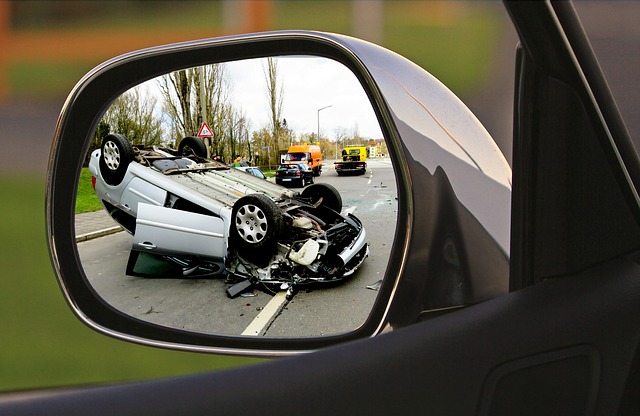Insurance companies take it as their primary function to make life as difficult as possible for the injured person. This means there is no situation that, however obvious, cannot be made difficult by the vast financial resources and manpower of insurance companies. After all, what the insurance company knows are its best weapons in a case are: (1) it will never be identified at trial; and (2) it doesn’t have to prove anything.

To explain: The first and favored weapon of an insurance company is that at trial, the law is that the jury can never be told whether the negligent driver has insurance. Insurance companies favor this rule because it means they can lurk in the background, pulling the strings and hoping the jury has a wrong understanding that the negligent driver will personally pay the verdict. After all, no jury would want to make much money from an individual careless driver, so the insurance company hopes the jury will skew the verdict downward from what would otherwise be fair. The second weapon is that at trial insurance companies can sit back and do nothing but be critical and confusing. This is because they don’t have to prove anything. If there is an issue that any informed attorney in a personal injury case would understand and agree with, that doesn’t mean the insurance company attorney actually will agree, because he knows he can make the injured person’s life more difficult and expensive by simply replying with their favorite word: “no”.
Determining Fault In A Car Accident
Take a rear-end motor vehicle collision case and imagine this common scenario: Commuting traffic on the main highway, traffic is congested, traffic stops, someone unintentionally but negligently fails to stop and rear-ends a vehicle. Wouldn’t we all agree that the rear-ending driver didn’t do this on purpose, would never want to hurt anyone but was, in fact, negligent? Of course. However, insurance companies look at this scenario as a fun challenge and will hire lots of biased and well-paid experts to create math equations that say the collision was unavoidable or was somehow the injured person’s fault. The insurance company attorney makes this argument knowing it is highly unlikely anyone will believe it. However, that is not the standard for an insurance company. The criteria for whether an argument should be made by an insurance attorney is whether by making it, the life of the injured person will become more expensive and difficult. With these criteria, there is no argument too specious for an insurance attorney to make.
Key Statues And Cases
In Oregon, here are the key statutes and cases on the following driver rule, speed violations, and cell phones:
- Or. Rev. Stat. Ann. § 811.485 (FOLLOWING DRIVER)
- A person commits the offense of following too closely if the person does any of the following:
- Drives a motor vehicle so as to follow another vehicle more closely than is reasonable and prudent, having due regard for the speed of the vehicles and the traffic upon, and condition of, the highway.
- Or. Rev. Stat. Ann. § 811.100 (SPEED)
- A person commits the offense of violating the basic speed rule if the person drives a vehicle upon a highway at a speed greater than is reasonable and prudent, having due regard to all of the following:
- The traffic
- The surface and width of the highway
- The hazard at intersections
- Weather
- Visibility
- Any other conditions then existing
- Or. Rev. Stat. Ann. § 811.105 (SPEED)
- Any speed in excess of a designated speed posted by authority granted under ORS 810.180 is prima facie evidence of violation of the basic speed rule under ORS 811.100.
- Or. Rev. Stat. Ann. § 811.507 (CELL PHONES)
- As used in this section:
- “Mobile communication device” means a text messaging device or a wireless, two-way communication device designed to receive and transmit voice or text communication
- A person commits the offense of operating a motor vehicle while using a mobile communication device if the person, while operating a motor vehicle on a highway, uses a mobile communication device
Russell and Hill are here for you. Call us at 1-888-399-0921 and ask to speak with Dustin Burk, and let’s start figuring out the best way to get this behind you.
